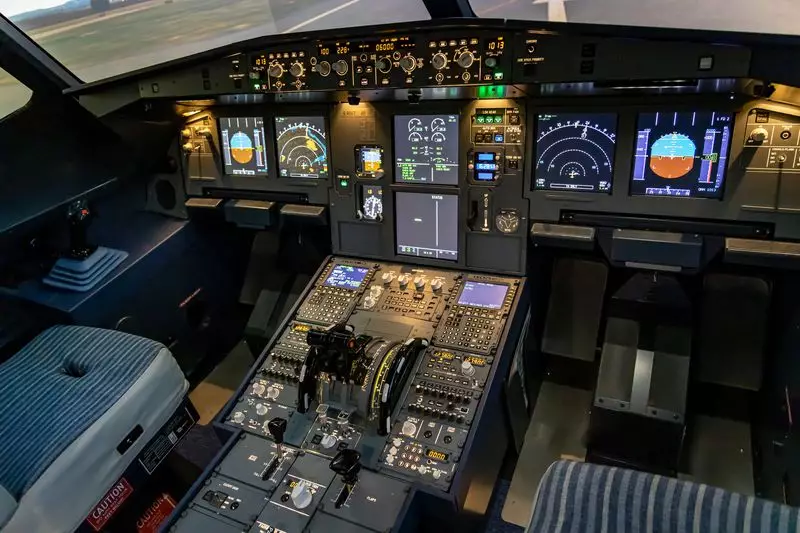
In a move that has sparked significant safety concerns within India's aviation sector, the Air Line Pilots' Association (ALPA) India has urgently called upon the Directorate General of Civil Aviation (DGCA) to revoke its recent decision extending flight duty periods for Boeing 787 operators.
Safety Concerns Take Flight
The pilots' body has raised serious alarms about the potential safety implications of the DGCA's circular that increases maximum flight duty periods for Boeing 787 pilots. According to ALPA India, this decision could lead to increased pilot fatigue, potentially compromising flight safety standards across Indian airlines operating the wide-body aircraft.
The Fatigue Factor
Pilot fatigue remains one of the most critical safety concerns in aviation worldwide. ALPA India emphasizes that extending duty periods without adequate scientific backing or proper risk assessment could have dangerous consequences. "The extension of flight duty time limitations poses significant risks to flight safety," the association stated in its communication to the aviation regulator.
International Standards at Stake
The pilots' association highlighted that the DGCA's decision appears to deviate from established international safety norms and best practices. Aviation regulators globally have been moving toward more conservative duty time regulations, recognizing the critical importance of well-rested pilots in ensuring passenger safety.
ALPA India's urgent appeal to the DGCA underscores the growing tension between operational efficiency and safety protocols in India's rapidly expanding aviation market. The association has called for immediate withdrawal of the circular, citing the paramount importance of maintaining the highest safety standards in Indian skies.
Industry Implications
The controversy comes at a time when Indian airlines are expanding their international operations, particularly with long-haul routes served by Boeing 787 aircraft. The outcome of this dispute could set important precedents for how India balances commercial interests with uncompromising safety standards in its aviation sector.






